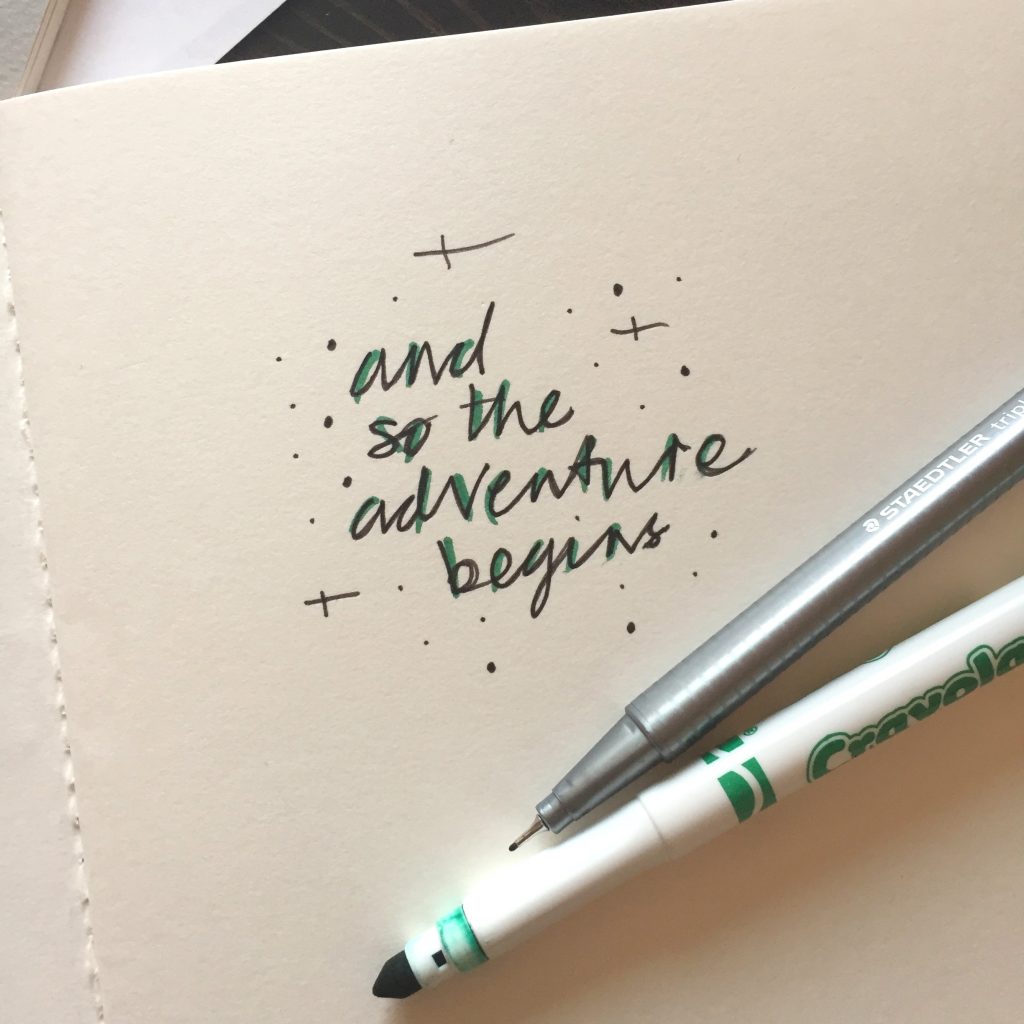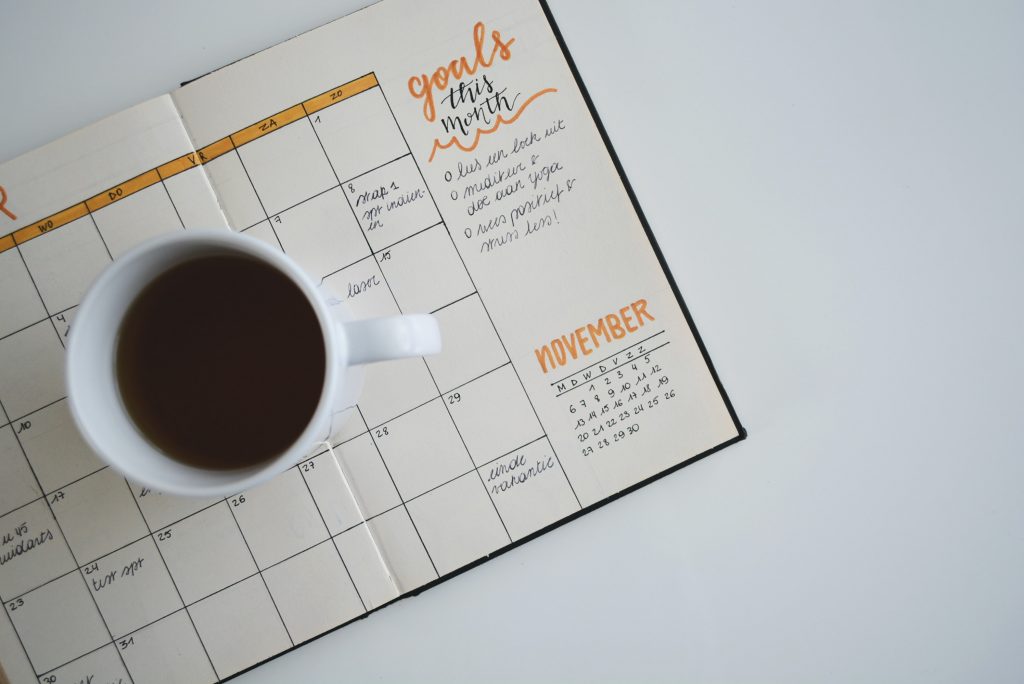How’re you doing with those New Year’s resolutions you set on January 1? When it comes to the New Year, I feel like we hear the same story over and over in regards to resolutions. People make and work at them the first two, three, four weeks of the year, and then slowly drop back into their old habits, resolution forgotten. It makes me wonder, why do we continue to make resolutions? The definition of insanity is doing the same thing over and over and expecting different results. Does this mean we are all insane?
No, I don’t think it does. Throughout my life, I have discovered that, even if we don’t follow through, making resolutions every new year is still an important ritual to value.

Resolutions Offer Opportunities for Change
Sometimes the only thing we need to enact change in our lives is the opportunity. The New Year can provide that. As the definitive ending of one thing and the beginning of the next, for many, this can act as the hard reset they need to make the changes they want.
Humans are at our best when we have a goal to reach. It’s how our brains have evolved. Having a vision for the future gives us drive, pushes us to move forward, and the cultural tradition of creating a resolution at the New Year is the perfect opportunity to create this vision. Resolution-setting is literally a society-approved method of goal setting, built right into our calendar, and we should be fully prepared to take advantage of it.
Participation Provides Support
Like how our brains evolved to function on goal setting, we also evolved to work best in a community setting. Many people often find it easier to accomplish their goals when they have a support network around them, and this is no different for the New Year. When setting my resolutions, I take comfort in the fact that most other people are also out there setting their resolutions. While we may all be working towards individual goals, we are, in a way, all in this together.
I believe that one of the reasons resolutions are such a strong tradition is because of how they create community. Everyone has different goals and dreams for their future, and it’s wonderful to see them shared, and to see the support given in return.

The Completed-Resolution High
We talk a lot about the goals we set, but what about the feeling when we reach them? The feeling of joy upon completing your goals is gratifying. There’s always some way to improve, right? We can set goals anytime we wish, but January offers us the unique opportunity to set them, and when we reach them, share the feeling of completion with our friends, family, and loved ones.
They say that the journey matters more than the destination, and for New Year’s resolutions, I believe this to be true. It’s not just about making the goal; it’s about participating in a cultural tradition, and being able to engage with those around us.
Tips for Making and Keeping Your New Year’s Resolutions
New Year’s resolutions can seem intimidating. Setting one goal that you plan to keep for the whole year? That can be a pretty daunting task, even for the most experienced goal-setter and -achiever. But I’ve got a few tricks up my sleeve for setting and keeping your goals this year.

Make Them Manageable
A lot of emphasis is put on our New Year’s resolutions – a lot more than is probably necessary. The significance placed on resolutions can often lead people to setting goals that are a bit out of reach, goals that can lead them to be discouraged and jaded when they don’t complete them.
Rather than making big declarations as our resolutions – “I want to lose weight”, “I want to stop eating out”, “I’m going to start going to the gym” – get specific with it. Turn your resolution from a generalized statement into something that you can conceivably do, and take it from there.
“I want to start going to the gym” can become “I want to make it to the gym at least once a week”. Once you’ve achieved this, you can always tweak the resolution a bit – “I want to go to the gym at least twice a week”. Not only does this create goals that you can easily make, but it also gives you a great way to track your progress. By the end of month three, you’ll have gone to the gym at least 12 times!

Make Them Relevant
Most New Year’s resolutions fail because they are based on something society is telling you that you need to change about yourself. Losing weight is the best example of this – it is one of the most set resolutions, and also one of the resolutions more likely to fail. Why? Not only is this goal non specific, but it is also based on outside judgement. Your resolutions shouldn’t be for other people. They should be for you.
Your resolution should be something that you are passionate about, and should be based on a value that you hold. “I want to lose weight” is a resolution based on an expectation by society – “I want to spend less time at work and more time with my family” is based on a value. Finding a resolution based on passion makes the goal easier to keep, and more likely to be achieved.

Take Small Steps
Change doesn’t happen overnight. Many people get frustrated when their resolutions don’t happen at the speed that they were expecting, which can lead to giving up on them. Making a plan with small, actionable steps can help a lot with this, as well as making it easier to follow through. Your resolution doesn’t need to be one big goal; it can also be a bunch of small ones that make up the big goal.
Acknowledging that you’re not in a rush to meet your goal can also be helpful. This way, you never feel as if you’re behind and that there is a reason to give up on your resolution. You can handle things in your own time – give yourself this space.
Your New Year’s resolution can seem like a formidable mountain to climb, but it doesn’t have to be. In the case of resolutions, it’s not just the destination that matters, but also the journey.
With our resolutions, we are creating new habits, new lifestyles, and we are learning a little more about ourselves along the way. So, take your time – the journey is the best part.




